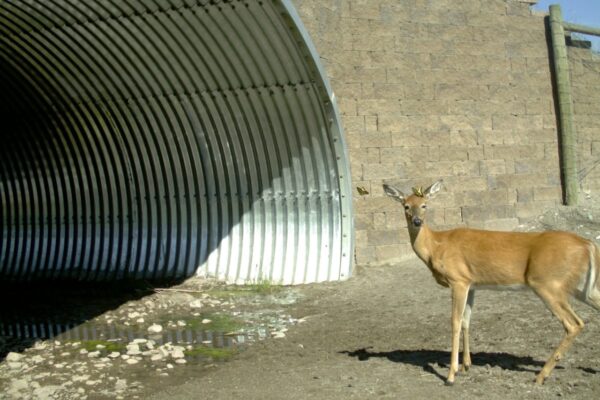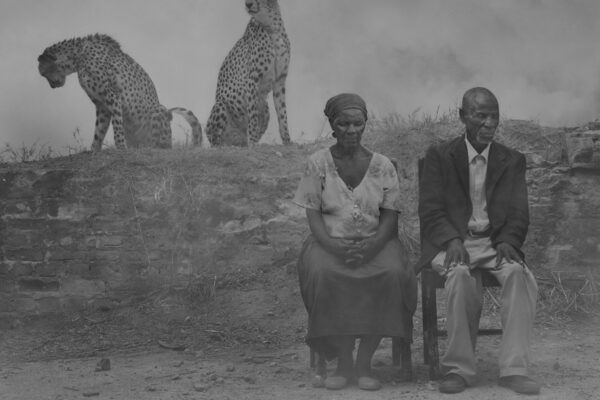Rhino Gets Hit by Truck in Kaziranga, Chief Minister Condemns the Incident
But for how long do the animals have to suffer?
I noticed two things in the video of a rhino being hit by a truck in Kaziranga, Assam. While the incident was unfortunate, the truck was going on a road that was constructed for transportation and the poor animal was trying to traverse its fragmented habitat. Now the question is, who is to blame: the animal or the vehicle driver?
Assam chief minister Himanta Biswa Sarma informed yesterday that the rhino that got hit by a truck on a Kaziranga highway has survived. He further added that the truck has been intercepted and fined. Sarma said that the Assam government is working on building a “special 32-km elevated corridor” to avoid such incidents in the future.
He tweeted;
Rhinos are our special friends; we’ll not allow any infringement on their space.
In this unfortunate incident at Haldibari the Rhino survived; vehicle intercepted & fined. Meanwhile in our resolve to save animals at Kaziranga we’re working on a special 32-km elevated corridor. pic.twitter.com/z2aOPKgHsx
— Himanta Biswa Sarma (@himantabiswa) October 9, 2022
The truck can be seen trying to avoid hitting the animal in the video. It tried to change lanes at the last moment but to no avail. After getting hit by the vehicle, the rhino gets up and tries to get off the road but falls. It was visibly hurt but managed to leave the road.
Reportedly, the truck was on its way to Guwahati from Jorhat. The incident happened in Haldibari Animal Corridor. It was intercepted in the Nagaon district by the transport and forest department and was heftily fined.
Assam’s Kaziranga National Park and Tiger Reserve (KNPTR) is home to thousands of the endangered one-horned rhinoceros. Its rhino numbers have increased by 200 in the past four years. KNPTR has the largest population of one-horned rhinos with over 2600 individuals.
But the question still remains, who is to blame? If we keep encroaching into wildlife habitats and making highways on crucial movement corridors, humans will use them and so will animals to reach their respective destinations. So what is the solution? Is it making corridor overpasses or underpasses or leaving the natural world unspoiled by human presence in any way?
Via: Hindustan Times


